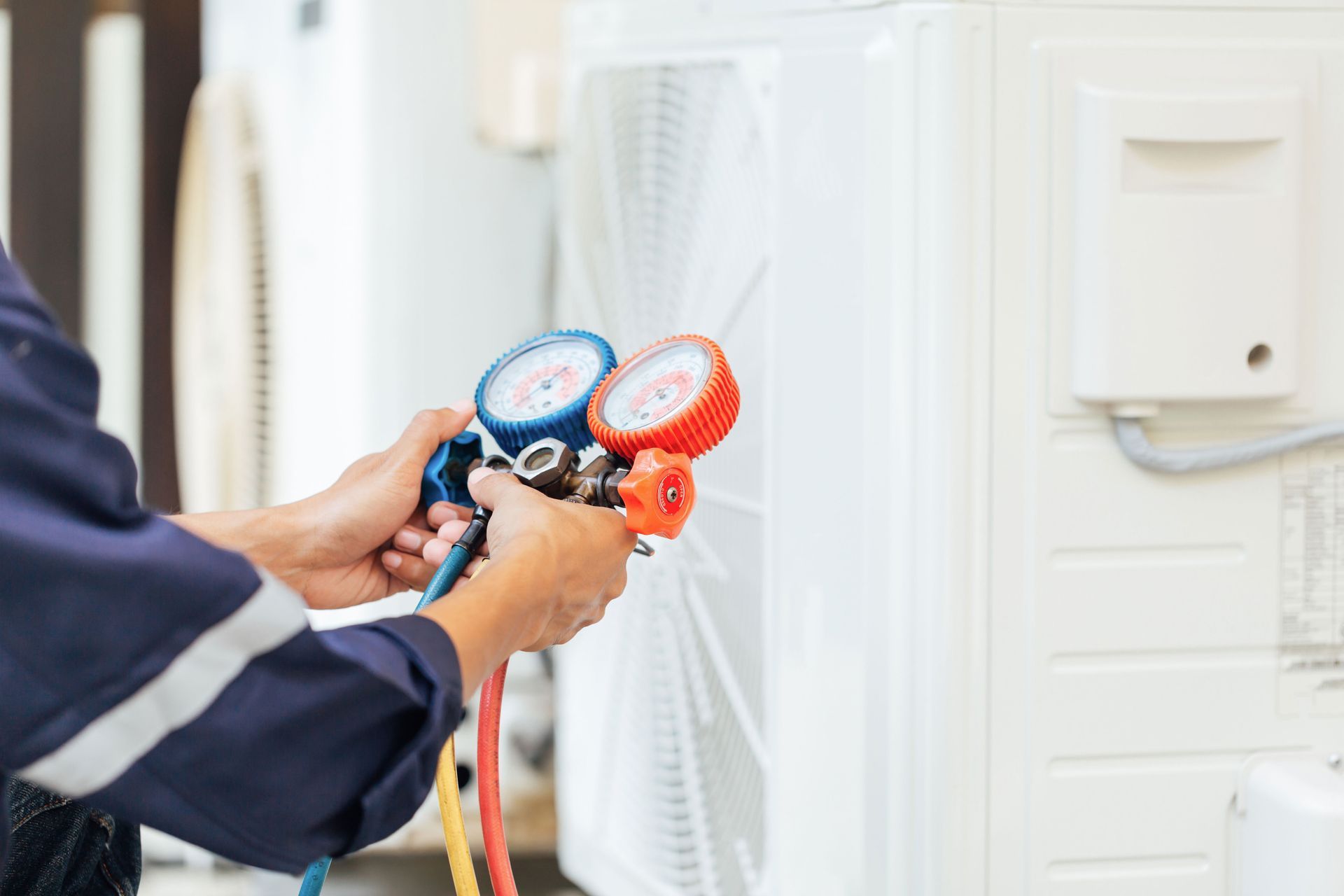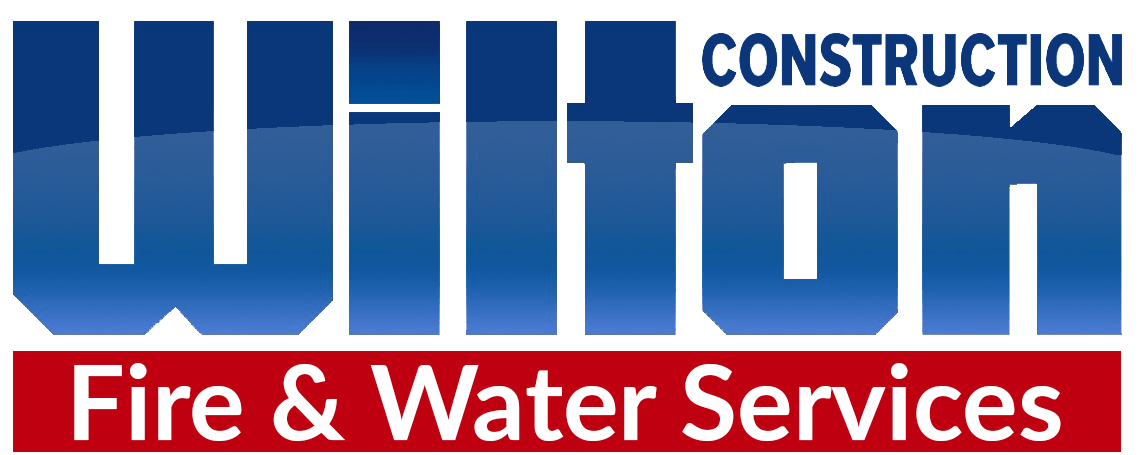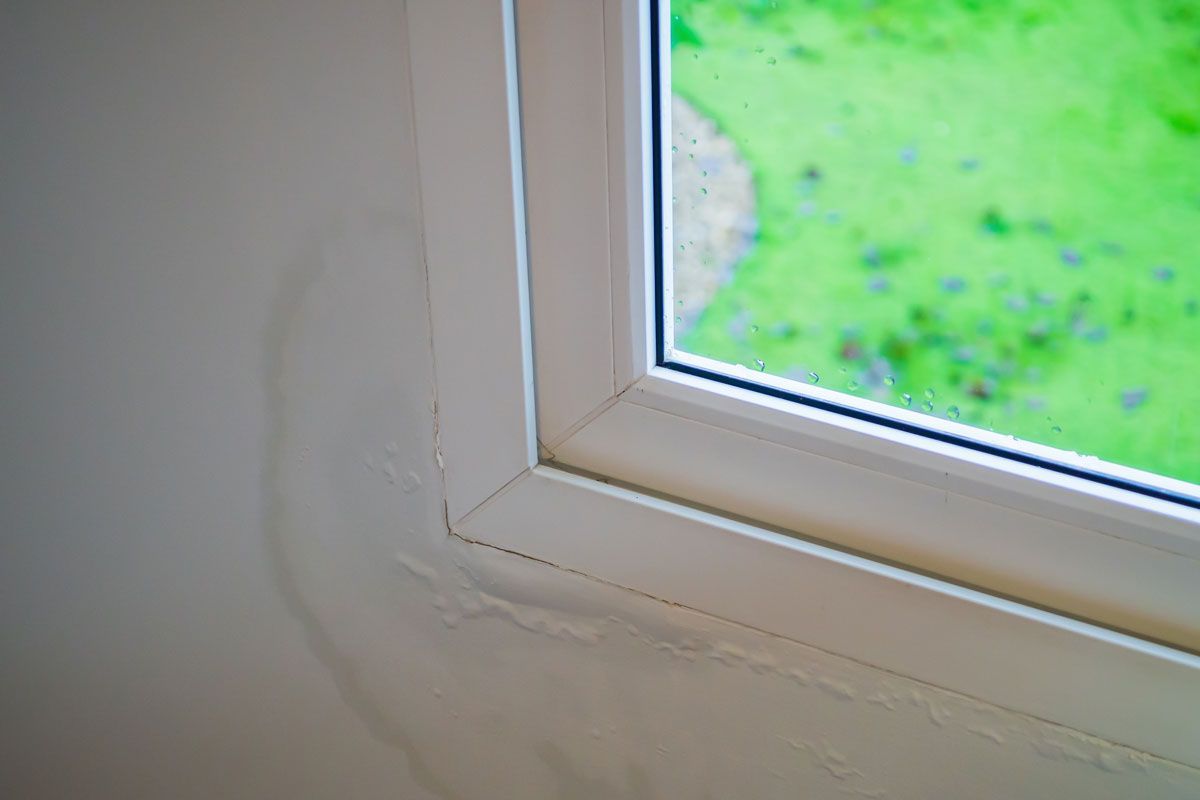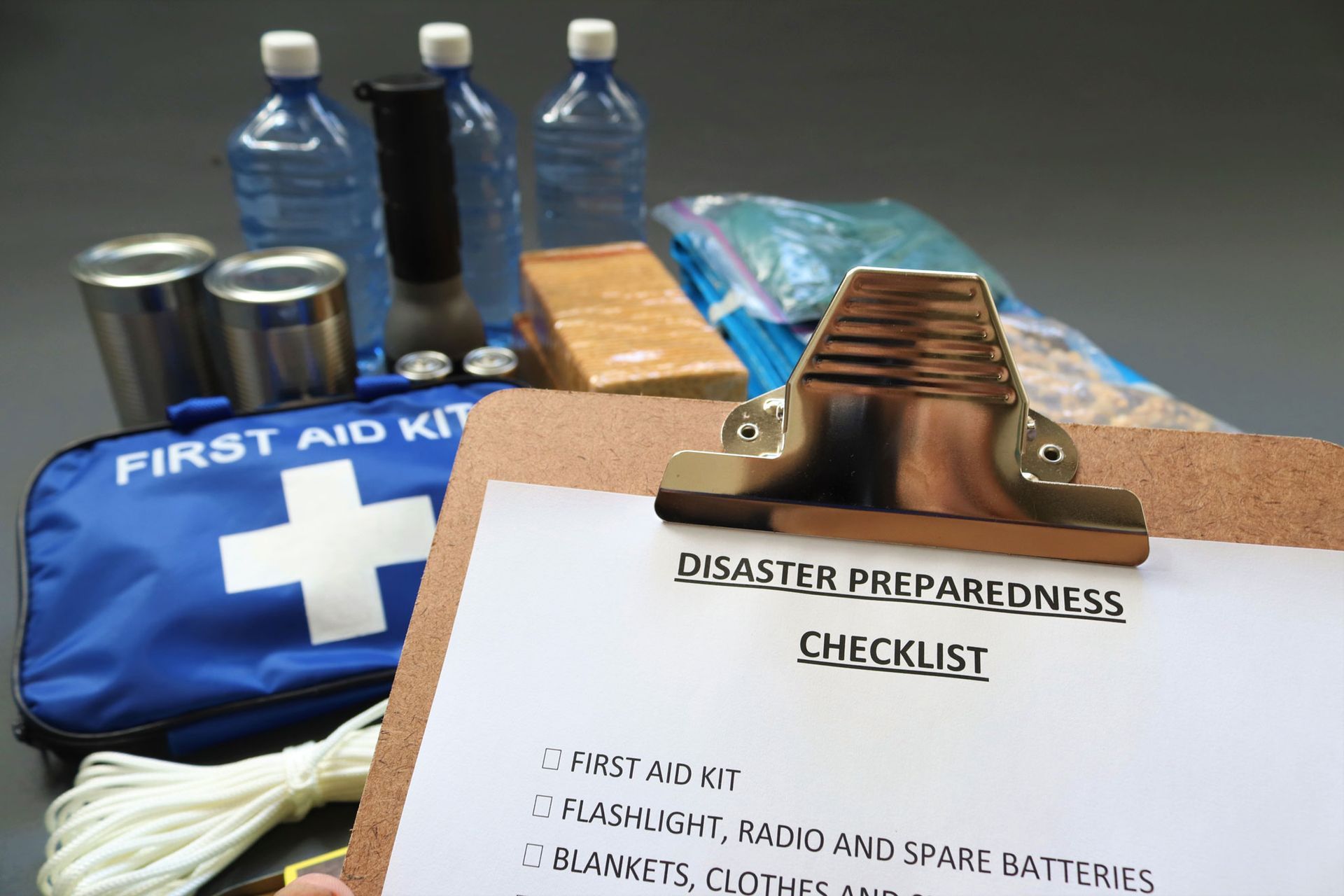Spring Cleaning Tips and Tricks
Wilton Construction • May 8, 2023
Download the Spring Tips Checklist
Download the Spring Tips Checklist
It's that time of year again! The time when you clear out the cobwebs, dust off the furniture, and scrub the floors until they shine. But spring cleaning isn't just about making your home look nicer. It's also about making sure your home is in good working order.
Here are some things to consider putting on the honey do Spring Cleaning list:
- Inspect your home's exterior for any damage. Look for cracked paint, missing shingles, or other signs of wear and tear. If you find any damage, make a note of it so you can repair it later.
- Clean your gutters and downspouts. Remove any leaves, twigs, or other debris that may be clogging them.
- Trim your trees and bushes. Not only will this make your yard look neater, but it will also prevent pests and diseases from spreading.
- Check your sprinklers and irrigation system. Make sure they are working properly and that there are no leaks.
- Test your smoke detectors and carbon monoxide detectors. Replace the batteries if necessary.
- Check all of your doors and windows. Make sure they are properly sealed and that the locks are working.
- Clean your windows.
- Clean your indoor and outdoor trash cans, your porch and deck and any outdoor furniture.
- Set ceiling fans counterclockwise.
- Clean your fireplace and chimney. Remove any soot or debris that may have built up over the winter.
- Inspect your carpets and upholstery for stains or signs of wear. Clean them if necessary or hire a professional.
- Dust all of your ceiling fans, light fixtures, and surfaces.
- Wash all of your curtains and drapes.
- Clean all of your indoor appliances.
- Clean your grill and check to ensure that it is working properly and not rusted out.
And keep in mind, Spring is also a great time to declutter the house so consider donating or throwing away anything you may not need inside or out!
You might also like

August 31, 2023
In the never ending world of home management, HVAC systems and hot water supply can play pivotal roles. We hope that by understanding the magnitude of clogged condensate lines, excessive condensation, and the danger of broken pipes, you will be empowered to take proactive steps. The keys in ensuring these systems serve you efficiently include regular maintenance, regular observation, and the wisdom to seek professional help when needed. Here are some tips that might save you a huge headache and money down the road. Clogged Condensate Lines Most of us know that HVAC systems cool or heat our homes but it's important to realize that they also maintain balance in the humidity levels. And this is a function that can inadvertently lead to clogs in your condensate lines. As warm air circulates through the cooling coils, it collects moisture that condenses into water droplets. Over time, these droplets accumulate and flow through a drain line. When this line becomes clogged due to dirt, algae, or debris, it can cause leaks and even damage your system. Regular maintenance and occasional cleaning are going to be a crucial aspect in preventing these clogs and the subsequent issues that can follow. Sweating Surfaces Condensation is a natural phenomenon but excessive condensation in and around HVAC units can mean trouble. When warm indoor air meets cold surfaces (like air conditioning ducts or equipment), it can lead to condensation buildup. This excess moisture can encourage mold growth, compromise indoor air quality, and damage surrounding materials. A blockage or leak in the ductwork will reduce airflow, leading to condensation forming throughout your home. The refrigerant level may be under- or over-charged which can cause your A/C to be less effective and overworked. Higher humidity and window moisture may develop from this condition. The key to curbing this condensation and keeping your home comfortable and dry is with proper insulation, ventilation, and temperature control. Hot Water Heater Leaks Hot water heaters can develop leaks for a variety of reasons, posing potential dangers to both property and occupants. Corrosion is a common factor, as water heaters are exposed to constant water contact, leading to rust formation that weakens the tank's integrity. High water pressure can strain the tank, causing it to crack or rupture. Additionally, sediment buildup over time can insulate the heating element, causing it to overheat and weaken the tank's structure. The dangers of a leaking water heater are multifaceted. Aside from property damage, leaks can promote mold growth, compromise structural integrity, and potentially cause flooding. In worst-case scenarios, scalding hot water can escape, posing burn risks, and if the heater is located in a confined space, gas leaks might also occur. Many homes have these heaters on a top floor of their home, including in attics. This also poses issues for more damage with leaking going into rooms below it. Consider having your hot water heater moved to a ground floor area to avoid additional damage should anything go wrong. Regular maintenance, inspections, and prompt repairs are crucial to mitigate these risks and ensure the safe and efficient functioning of water heaters. Broken Pipes Unfortunately, the issue of broken pipes is not limited to just plumbing. HVAC systems can suffer from this ordeal as well. Frozen pipes in heating systems, for instance, can expand and crack, leading to leaks when they thaw. Similarly, older pipes in hot water systems can weaken and even corrode, eventually succumbing to the pressure and causing disruptive leaks. The key to avoiding the expense and havoc from broken pipes can be prevented with regular inspections and being on top of replacing any worn- out components. Hot water leaks Discovering hot water leaks in your HVAC system can often be elusive and challenging to pinpoint. These leaks usually originate from boilers, water heaters, or radiant heating systems that work in conjunction with your HVAC setup. When these components malfunction or develop cracks, they can cause hot water to escape, leading to potential water damage, reduced efficiency, and increased energy bills. If you notice dampness around your water heater or boiler, it's a sign of a potential leak. Don't ignore even minor moisture as it can escalate into a significant problem. A sudden reduction in hot water supply could also be indicative of a leak. If your hot water demand remains constant but the supply diminishes, it's time to investigate. And pay attention to those bills! An unexplained spike in your energy bills can be a sign of a leak, as your system works harder to maintain the desired temperature due to hot water loss. The key is in understanding the causes and signs and being diligent in monitoring your system and having regular maintenance. DIY First Aid and When to Call for Backup There are a few steps you can take as a homeowner to address minor clogs or condensation issues: You can clear debris from drain lines with something as simple as a vinegar and water mixture Use a wet/dry vacuum to unclog a line with condensation. Just keep in mind that issues more complex like broken pipes require an HVAC professional. The last thing you or your wallet wants to do is exacerbate a situation by attempting to handle more complicated repairs Replace indoor HVAC Filters every 3 months and keep your coils clean Schedule a set time on a routine basis to take a look at the areas referenced around your home and make sure everything looks good And just remember that regular maintenance is your best bet on avoiding big issues. Make sure to schedule routine check-ups by HVAC professionals while keeping those condensate lines clean and monitoring humidity levels.
Book a Service Today
Thank you for contacting us.
We will get back to you as soon as possible
We will get back to you as soon as possible
Oops, there was an error sending your message.
Please try again later
Please try again later
Need Help Now? Call Our 24/7 Emergency Service Team
Working hours
- Mon - Sun
- Open 24 Hours
Stay Connected
Thank you for joining our mailing list.
Oops, there was an error sending your message.
Please try again later.
Please try again later.
Site Menu
© 2025
All Rights Reserved | Wilton Construction Fire and Water Services



